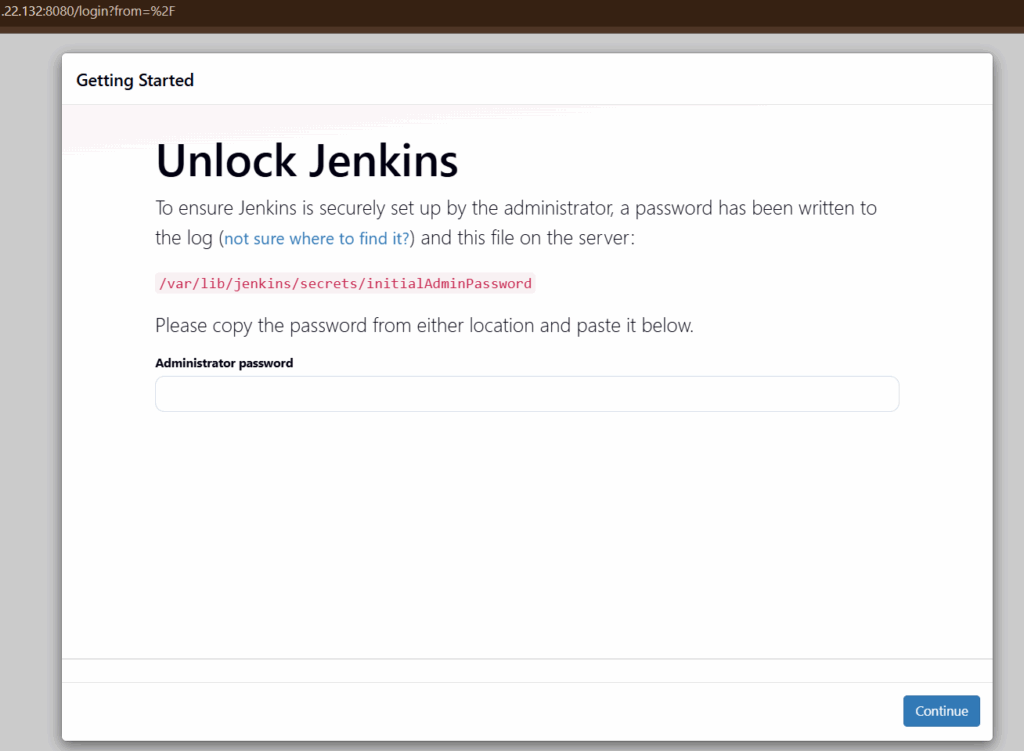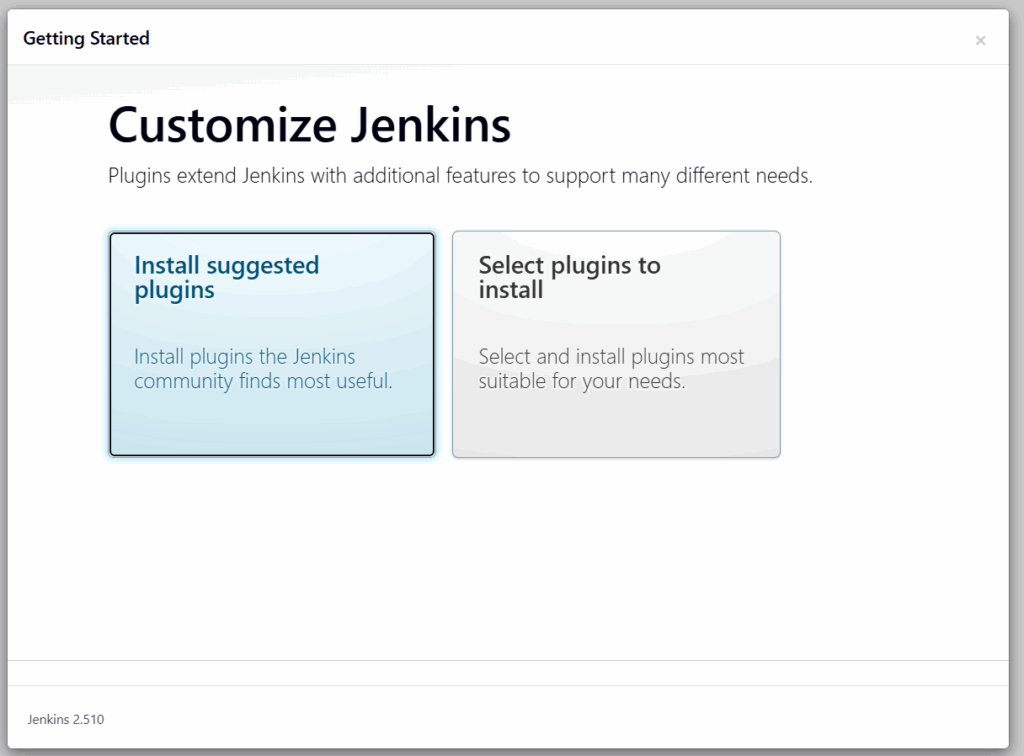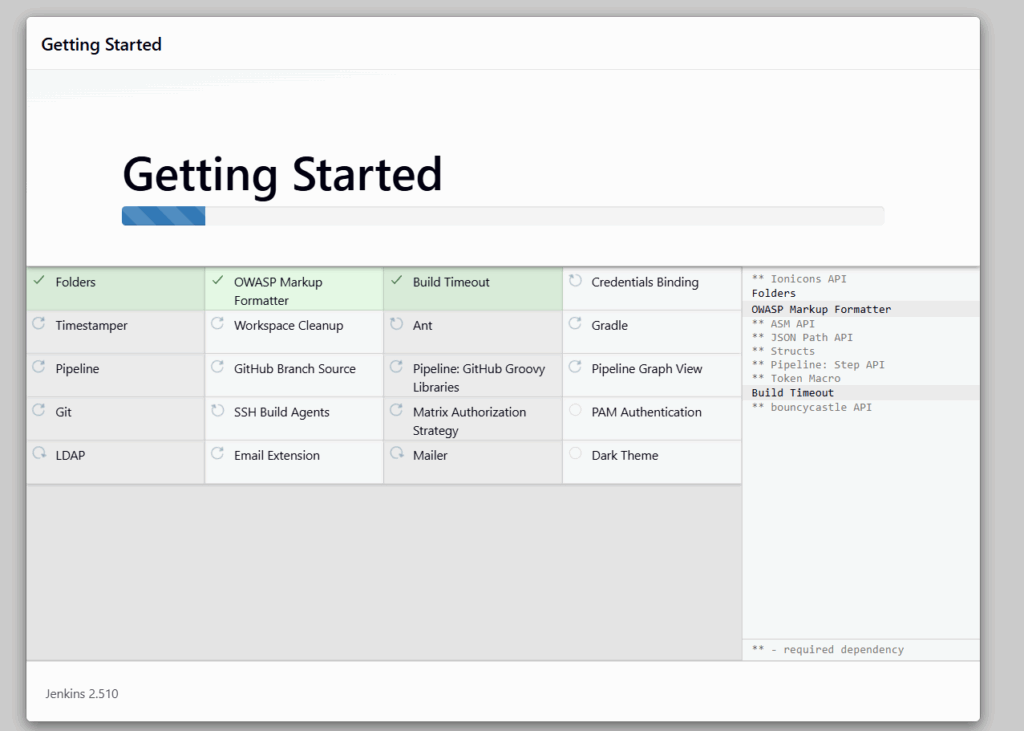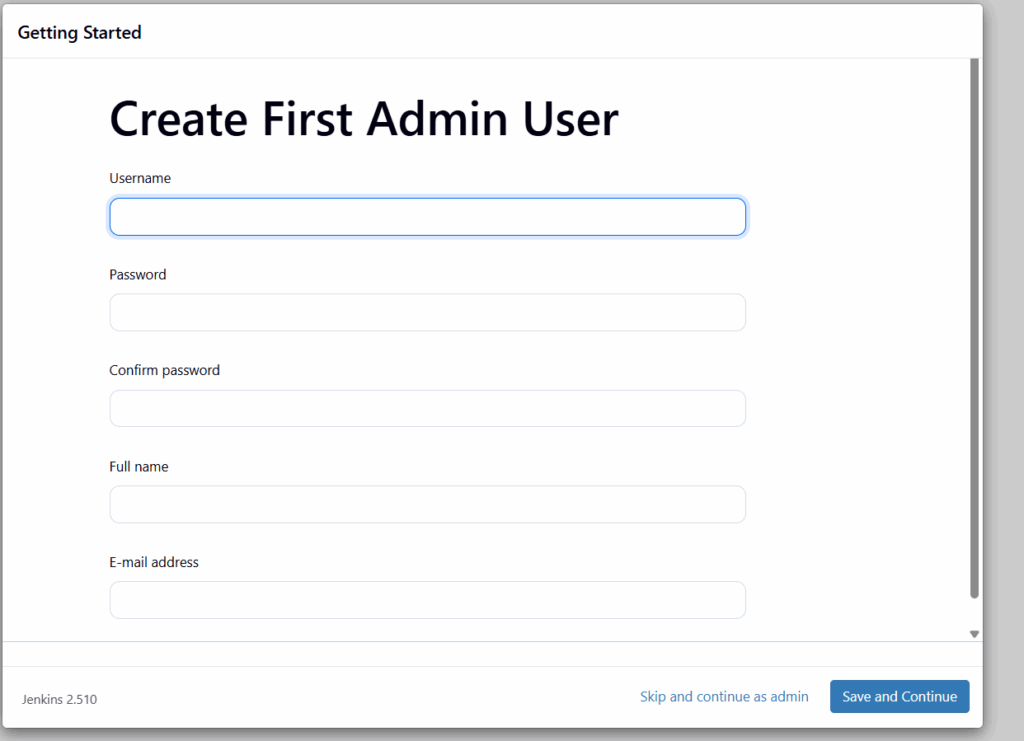Jenkins


Please feel free to contact us
Go
MIRI Infotech brings an automation server tool that provides hundreds of plugins to support building, deploying and automating any project.
A self-contained server-Jenkin can be used to automate all sorts of tasks related to building, testing, and delivering software. A very high in its flexibility level and allows continuous integration and will be installed on a server where the central build takes place.
Miri Infotech is launching a product which will configure a tool called as jenkins to a wide variety of statistical (linear and nonlinear modelling, classical statistical tests, time-series analysis, classification, clustering) and graphical techniques which is embedded pre-configured tool with Ubuntu 16.04 and ready-to-launch AMI on Amazon EC2 that contains Hadoop, Javadocs and version control server.
Jenkins can be installed to watch for any code changes in places like SVN and Git, automatically build with tools like Ant and Maven that initiate tests and then take actions like rolling back or rolling forward in production. This helps to keep the project running.
enkin is not only limited to this but also has more than 133,000 active sites, globally, and over 1,000,000 users.
The basic functionality of Jenkins is to execute a predefined list of steps, e.g. to compile Java source code and build a JAR from the resulting classes. The trigger for this execution can be time or event based.
Let us now give a brief look at some of its features which are useful for the users who want to use it.
Jenkins offers the following major features out of the box, and many more can be added through plugins:
Some of the useful plugins that are used in Jenkins are mentioned below:
You can subscribe to Jenkins, an AWS Marketplace product and launch an instance from the Jenkins product’s AMI using the Amazon EC2 launch wizard
Step 1: SSH into your instance with username ubuntu and key pair to start the application
Username: ubuntu
ssh -i ssh_key.pem ubuntu@instance-IP
Step 2: Use your web browser to access the application at:
http://<instance-ip-address>:8080
Replace <instance-ip-address>:8080 with the actual IP address of the running EC2 instance.

![]() step 3:
step 3:
Run below command in ec2 machine to get jenkins Admin password
sudo cat /var/lib/jenkins/secrets/initialAdminPassword



All your queries are important to us. Please feel free to connect.
24X7 support provided for all the customers.
We are happy to help you.
Submit your Query: https://miritech.com/contact-us/
Contact Numbers:
Contact E-mail:
The Apache Hadoop software library allows for the distributed processing of large data sets across clusters of computers using a simple programming model. The software library is designed to scale from single servers to thousands of machines; each server using local computation and storage. Instead of relying on hardware to deliver high-availability, the library itself handles failures at the application layer. As a result, the impact of failures is minimized by delivering a highly-available service on top of a cluster of computers.
Hadoop, as a scalable system for parallel data processing, is useful for analyzing large data sets. Examples are search algorithms, market risk analysis, data mining on online retail data, and analytics on user behavior data.
Add the words “information security” (or “cybersecurity” if you like) before the term “data sets” in the definition above. Security and IT operations tools spit out an avalanche of data like logs, events, packets, flow data, asset data, configuration data, and assortment of other things on a daily basis. Security professionals need to be able to access and analyze this data in real-time in order to mitigate risk, detect incidents, and respond to breaches. These tasks have come to the point where they are “difficult to process using on-hand data management tools or traditional (security) data processing applications.”
The Hadoop JDBC driver can be used to pull data out of Hadoop and then use the DataDirect JDBC Driver to bulk load the data into Oracle, DB2, SQL Server, Sybase, and other relational databases.
Front-end use of AI technologies to enable Intelligent Assistants for customer care is certainly key, but there are many other applications. One that I think is particularly interesting is the application of AI to directly support — rather than replace — contact center agents. Technologies such as natural language understanding and speech recognition can be used live during a customer service interaction with a human agent to look up relevant information and make suggestions about how to respond. AI technologies also have an important role in analytics. They can be used to provide an overview of activities within a call center, in addition to providing valuable business insights from customer activity.
There are many machine learning algorithms in use today, but the most popular ones are:
High Flexibility Level
Globally Active Server
Additional plugins can be added any time
 Jenkins
Jenkins  linux
linux  Java
Java